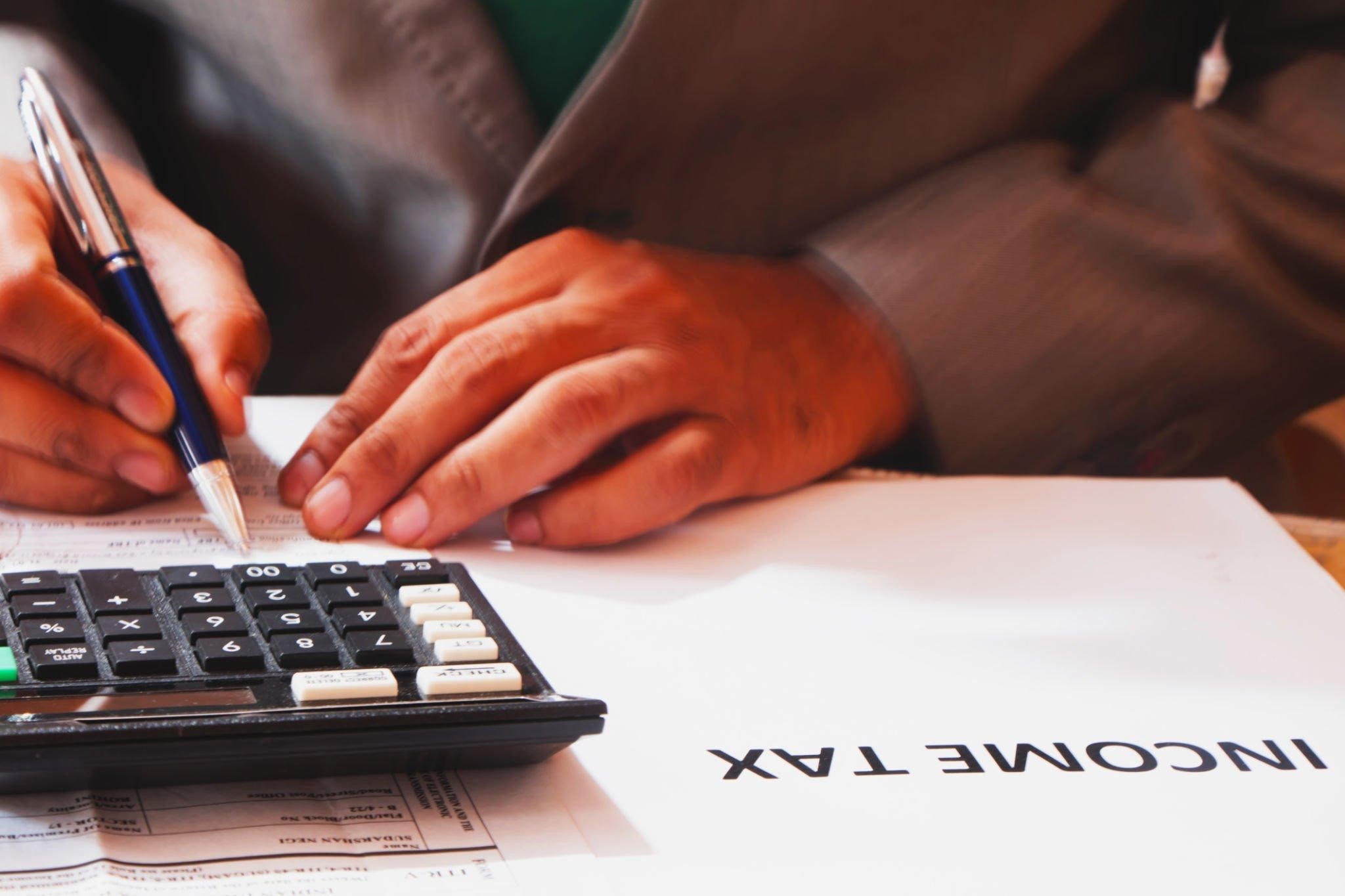Helpful Tips to Choose a Reliable Tax Advisor or Accountant
Tax laws and regulations are intricate and constantly change. It is challenging for business owners to stay updated with all the changes essential to ensure tax compliance.
An experienced tax advisor can help to smoothly navigate through the intricacies of tax laws and audits.
Professional tax advice helps individuals and companies to ensure tax compliance as well as navigate audit process smoothly.

- You can benefit from professional guidance on tax planning strategies tailored to your specific circumstances.
- You can take advantage of any available tax incentives, deductions, or credits, which reduces your tax burden and increase the overall profitability.
Nevertheless, choosing the right tax advisor is crucial for your business to benefit from strategic tax planning and optimization.
Tips to help choose a reliable tax adviser or accountant
1. Credentials and qualifications
Look for a tax adviser or accountant who holds relevant credentials, such as Certified Public Accountant (CPA) or Enrolled Agent (EA).
These designations indicate that the professional has undergone rigorous training and meets certain standards of competence.
2. Experience and expertise
Consider the experience and expertise of the tax adviser. Make sure they specialize in areas related to your situation.
Tax laws are complex, so it’s crucial to work with professionals having in-depth knowledge and experience in handling similar situations.
3. Reputation and references
Reviews or testimonials from previous clients can give you an idea of their track record. You can also ask for references and reach out to those clients directly to inquire about their experience working with the professional.
4. Professional affiliations
Membership in such professional organizations often indicates a commitment to staying updated with the latest tax laws and regulations, as well as adherence to professional standards and ethics.
5. Communication and availability
Effective communication is crucial. Ensure they are responsive, attentive, and willing to explain complex tax matters in a way that you can understand.
Consider their availability during tax season and throughout the year, as accessibility is vital when you have questions or need assistance.
6. Fees and pricing structure
Inquire about the fees and pricing structure upfront. Tax advisors charge either hourly or percentage of tax return or a fixed fee. Make sure the fee is reasonable and aligns with the intricacy of your tax situation.

7. Personal connection and trust
Trust and personal compatibility are important when working closely with a tax adviser.
Schedule an initial consultation to assess your comfort level with the professional and determine if they have your best interests at heart.
8. Range of services
Consider the range of services provided by the tax accountant. Apart from tax preparation, find out if they offer additional services such as tax planning, financial advice, or audit support.
Having a professional who can cater to your broader financial needs can be advantageous.
Conduct thorough research before you sign with a tax accountant or advisor. Reliable tax adviser provides valuable guidance and helps you take full advantage of your tax benefits as well as ensure compliance with relevant taxation laws and procedures.
Remember, a skilled tax advisor goes beyond compliance and provides strategic tax planning services.

